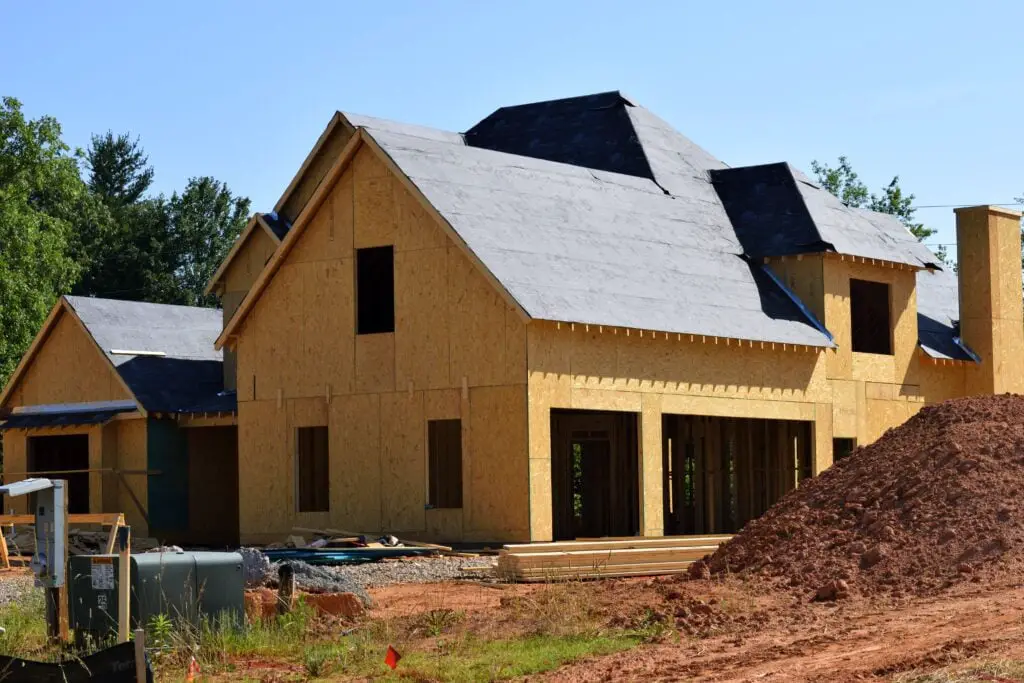
The Guaranteed Challenges and Complexities of the Construction Industry
The construction industry, a vital pillar of any economy, plays a pivotal role in infrastructure development, job creation, and economic growth.
However, it is a sector fraught with an array of unique challenges and complexities that make it one of the most demanding and high-risk industries.
This article explores the difficulties inherent in the construction industry and the factors contributing to its intricate nature.
- Regulatory Hurdles
The construction industry faces an ever-evolving landscape of regulations, codes, and standards that vary from one location to another. Local, state, and national governments impose rules on everything from zoning and land use to safety and environmental compliance.
This web of regulations can be burdensome, leading to delays, cost overruns, and an increased risk of legal disputes. Contractors must navigate a labyrinth of paperwork and approvals to ensure that their projects comply with all the relevant laws, which can be an uphill battle.
- Safety Concerns
Safety is a paramount concern in the construction industry.
The inherently hazardous nature of construction work, involving heavy machinery, heights, and various potentially dangerous tools, demands rigorous safety protocols.
Despite these precautions, construction remains one of the most dangerous industries, with a high rate of accidents and injuries. Striking a balance between productivity and safety is a perpetual challenge that contractors and workers face daily.
- Skilled Labor Shortage
Finding and retaining skilled workers in the construction industry is a persistent issue.
The workforce is aging, and there is a shortage of young, skilled professionals entering the field. The retirement of experienced workers creates a skills gap, and recruiting and training new talent is expensive and time-consuming.
This dearth of skilled labor can lead to delays, lower-quality work, and increased costs.
- Cost Overruns
Construction projects are notorious for exceeding their budgets. Unforeseen expenses, design changes, and fluctuating material prices can all contribute to cost overruns. This creates financial strain for both contractors and clients and often leads to disputes.
Accurate cost estimation and efficient budget management are skills that contractors must continually refine to mitigate these challenges.
- Project Complexity
Modern construction projects have become increasingly complex due to advanced technologies, intricate designs, and demanding client expectations.
The integration of sustainable building practices, smart technologies, and intricate architectural designs requires a higher level of coordination and expertise, further complicating the construction process.
- Environmental Concerns
Sustainability and environmental regulations are becoming more stringent in the construction industry. This has necessitated a shift towards eco-friendly construction practices and materials, adding another layer of complexity.
Contractors must adopt new techniques and technologies to reduce their projects’ environmental footprint, which often comes with additional costs and challenges.
- Weather and Seasonal Variability
Weather is a factor that can significantly impact construction projects. Extreme temperatures, heavy rainfall, and other weather-related challenges can lead to delays and increased costs.
Contractors must carefully plan for weather contingencies and adapt their schedules to minimize disruptions.
- Supply Chain Disruptions
The construction industry is highly dependent on a global supply chain for materials, and any disruptions can have a cascading effect on projects.
Events like the COVID-19 pandemic and natural disasters can lead to material shortages, increased prices, and delays, all of which can profoundly affect the construction process.
- Legal Disputes
Construction projects are fertile ground for disputes, whether related to contract disagreements, project delays, design issues, or safety incidents. Legal proceedings can be lengthy and costly, diverting resources from ongoing work and damaging the reputation of all involved parties.
- Project Management
Effective project management is essential for successful construction projects. Coordinating various stakeholders, managing timelines and budgets, and ensuring quality control are all demanding tasks. The failure to manage these elements effectively can lead to project failure and financial losses.
Conclusion
The construction industry is replete with difficulties and complexities, from navigating regulatory hurdles to addressing safety concerns and managing a complex web of variables. However, these challenges also provide opportunities for innovation, growth, and improvement.
Overcoming these obstacles requires a combination of experienced professionals, technological advancements, and a commitment to continuous improvement.
In an ever-changing world, the construction industry must adapt and evolve to meet the growing demands of society while addressing the challenges that have been an intrinsic part of its landscape for generations.
To see other material construction prices, please see here.
To know other construction guides, tips, and methodology for beginners, veterans, and contractors, please see here.
